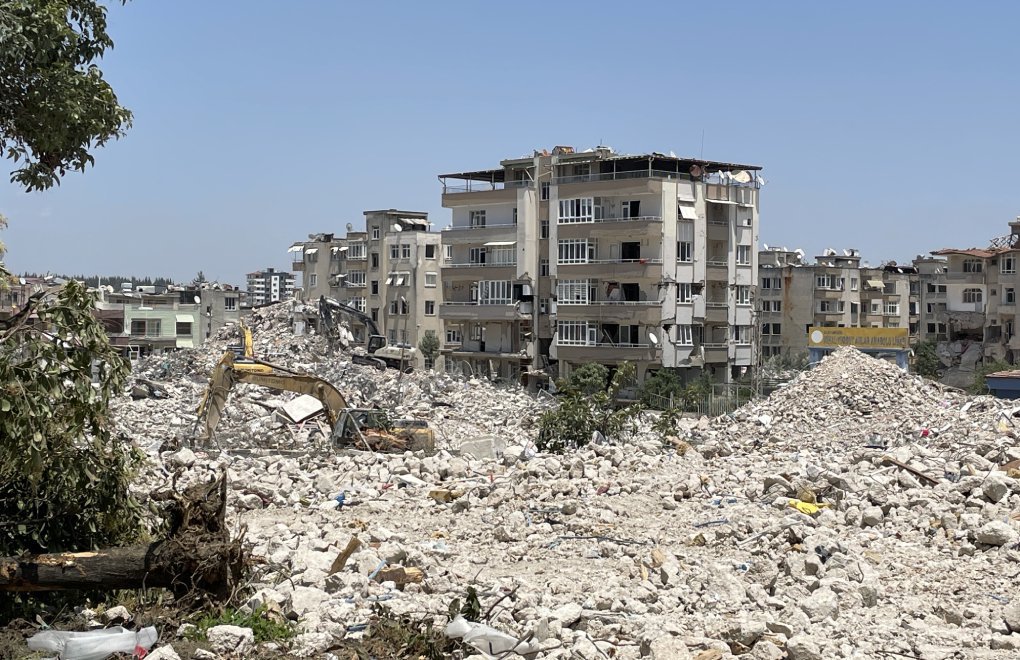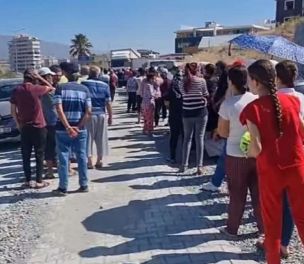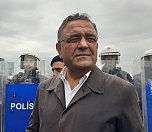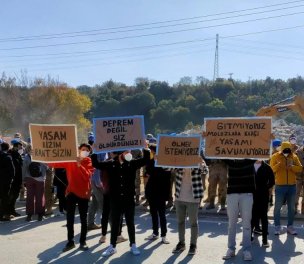Photo: AA/File
Click to read the article in Turkish
The World Bank has announced its approval of 1 billion US dollars in financing to assist Turkey in the reconstruction of rural housing and essential public services in earthquake-affected regions.
In a statement, the World Bank highlighted that the "Turkey Earthquake Resilience and Reconstruction Project" will contribute to the restoration of healthcare services and the reconstruction of damaged or destroyed municipal infrastructure.
The project aims to cover 11 provinces, which have been most severely impacted by the earthquake and where approximately 14 million people reside.
Humberto Lopez, the World Bank's Country Director for Turkey, expressed the institution's commitment to stand with Turkey, sharing its expertise and experience in disaster risk management and post-disaster reconstruction.
He acknowledged the immense scale of the destruction and the substantial resources that will be required for ongoing efforts, emphasizing the World Bank's support for the reconstruction of affected communities.
This particular project represents the largest financing package provided by the World Bank to Turkey in a single instance.
Financing for businesses
Additionally, the World Bank has announced a new project worth 450 million dollars to prevent the closure of micro, small, and medium-sized enterprises (MSMEs) affected by the earthquakes and support the preservation of employment.
The "Turkey Post-Earthquake Micro, Small, and Medium Enterprises Improvement Project" aims to ensure the continuity of these businesses' operations and facilitate their sustainable growth.
The project also seeks to alleviate liquidity pressures on micro, small, and medium-sized enterprises, enabling them to resume their activities and gradually restore employment to pre-earthquake levels by rehiring workers or replacing those who have left the earthquake-affected region.
The project will be implemented by the Small and Medium Enterprises Development Organization (KOSGEB) under the guarantee of the Ministry of Treasury and Finance.
Repayable financing will be provided to eligible businesses to cover their expenses.
The performance-based repayable financing will be made available on a "first-come, first-served" basis during a one-year application period or until the funds are fully disbursed.
To support more vulnerable groups, 10% of the total repayable financing resources will be specifically allocated to businesses owned or managed by women.
The earthquakes
On February 6, two earthquakes with a magnitude of 7.7 and 7.6 struck the southern province of Maraş in Turkey, causing devastation across 11 provinces in the south and southeast of the country and northern parts of Syria.
Over 50,000 people have been confirmed dead, and more than 227,000 buildings were destroyed or severely damaged, according to government figures.
The latest report from the United Nations shows that the situation in the earthquake-affected area remains dire, with ongoing challenges exacerbating the crisis. Heavy rainfall and aftershocks have continued to wreak havoc in the region, further hampering relief efforts.
As a result, approximately 1.6 million people are still living in temporary shelters or makeshift tents, with limited access to essential services and basic living conditions. Additionally, three million people have been forced to flee their homes due to the disaster. (HA/VK)









